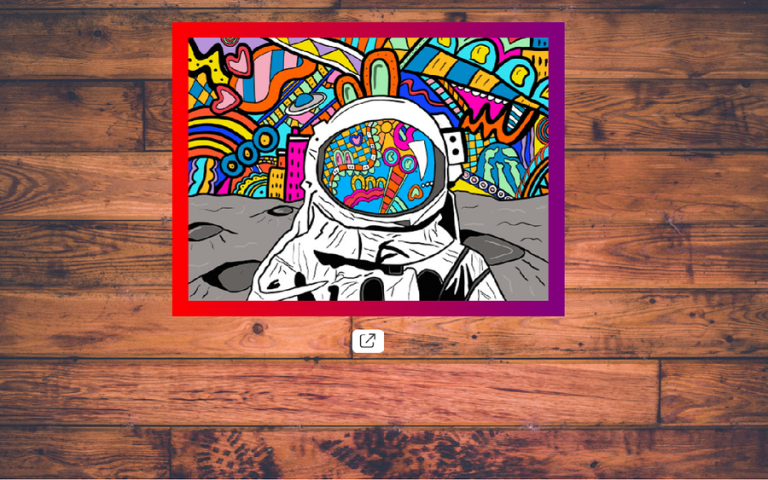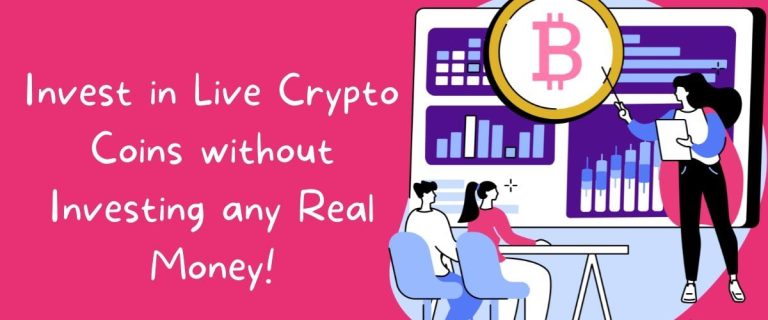Blockchain technology has revolutionized the way we think about trust, transparency, and accountability in various industries. While blockchain was initially created to support cryptocurrencies, it has since expanded into various sectors, including finance, healthcare, supply chain management, and more.
One of the most significant differences in blockchain technology is the distinction between public and private blockchains. In this article, we’ll explore the differences between these two types of blockchains and how they function.
What is a Blockchain?
Before diving into the differences between public and private blockchains, it’s important to understand the basics of blockchain technology.
A blockchain is a decentralized and distributed digital ledger that records transactions on multiple computers in a secure, tamper-resistant way. Each block in the blockchain contains a cryptographic hash of the previous block, creating a chain of blocks, hence the name “blockchain.”
Every participant in a blockchain network has a copy of the ledger, making it virtually impossible to tamper with the information stored in it. In addition, blockchain technology allows for the creation of “smart contracts,” which are self-executing contracts with the terms of the agreement written into code.
Public Blockchain
A public blockchain is a blockchain that is open to anyone who wants to participate in the network. Anyone can join a public blockchain network, and all transactions on the network are visible to all participants.
Bitcoin, the first and most well-known cryptocurrency, is based on a public blockchain. Anyone can become a node in the Bitcoin network and participate in the validation of transactions. In addition, anyone can create a Bitcoin wallet and send or receive Bitcoin transactions.
Public blockchains are decentralized, meaning that no single entity has control over the network. Instead, they rely on a network of nodes to validate transactions and add them to the blockchain. As a result, public blockchains are often considered to be more secure than centralized systems.
Advantages of Public Blockchain
One of the biggest advantages of public blockchains is their transparency. All transactions on a public blockchain are visible to everyone, making it easy to track the movement of funds. This transparency also makes it difficult for bad actors to manipulate the network.
In addition, public blockchains are highly resistant to censorship. Since no single entity controls the network, it is difficult for anyone to shut it down or restrict access to it.
Another advantage of public blockchains is their inclusivity. Anyone can join a public blockchain network and participate in the validation of transactions. This makes it easy for people around the world to access financial services and participate in the global economy, regardless of their location or background.
Disadvantages of Public Blockchain
While public blockchains offer many benefits, they also have some drawbacks. One of the biggest challenges facing public blockchains is scalability. Since all transactions on a public blockchain are visible to everyone, the network can become congested during periods of high demand.
As more users join the network and more transactions are processed, the time it takes to validate transactions can increase. This can lead to longer confirmation times and higher transaction fees.
Another challenge facing public blockchains is governance. Since no single entity controls the network, it can be difficult to reach consensus on changes to the network’s rules or protocols. This can lead to disagreements and forks in the blockchain, as different groups of users pursue different visions for the future of the network.
Private Blockchain
A private blockchain is a blockchain that is only accessible to a specific group of users. Unlike public blockchains, where anyone can participate in the network, private blockchains are permissioned, meaning that users must be granted access to the network by a central authority.
Private blockchains are often used by businesses, governments, and other organizations that require a high level of privacy and security. For example, a bank might use a private blockchain to process internal transactions between its branches, while keeping customer data private.
Public vs. Private Blockchain: Which is More Secure?
The security of a blockchain network depends on a variety of factors, including the specific implementation of the network and the level of trust in the central authority (if any) that controls the network.
In general, private blockchains are considered to be more secure than public blockchains. Since access to the network is permissioned, it is easier to control who can participate in the network and ensure that only trusted users have access to the network. This can lead to a more secure network that is less vulnerable to attacks.
However, public blockchains can also be secure if they are implemented correctly and have a strong community of developers and users who are committed to ensuring the network’s security. In addition, public blockchains are more transparent, which can help to build trust in the network and reduce the potential for malicious actors to attempt to attack the network.
Public vs. Private Blockchain: Which is Better?
The choice between public and private blockchain depends on the specific needs of the organization or business. Public blockchains are ideal for organizations that require transparency and inclusivity, such as those in the financial or social impact space.
Private blockchains, on the other hand, are ideal for organizations that require privacy and security, such as those in the healthcare or government sectors.
In addition, hybrid blockchains, which combine elements of both public and private blockchains, are becoming increasingly popular. Hybrid blockchains allow organizations to take advantage of the benefits of both types of blockchains while mitigating their respective drawbacks.
Conclusion
In conclusion, the choice between public and private blockchains depends on the specific needs of the organization or business. Public blockchains offer transparency and inclusivity, while private blockchains offer privacy and security. Hybrid blockchains, which combine elements of both types, are becoming increasingly popular as organizations seek to take advantage of the benefits of blockchain technology while mitigating its drawbacks.










